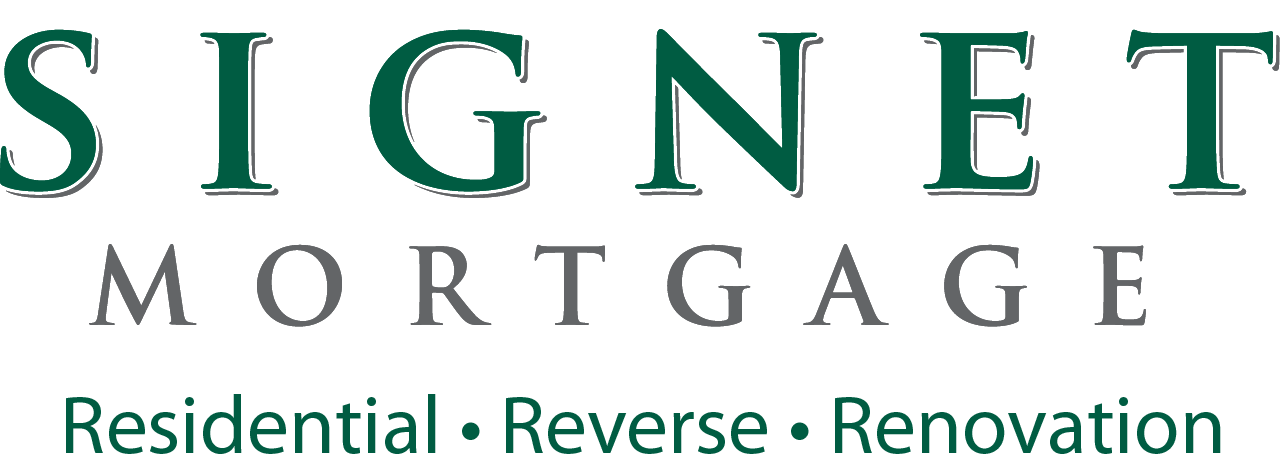; ?>/assets/images/bg-content.jpg)
Closing Documents
February 23, 2023
Closing Documents
Documentation You Need for Closing
Important documents you will need to close on your home loan. There are both state and local laws that will dictate the documents you need for closing as well as how you will close on your home loan. Although these laws vary, the mortgage loan settlement has many very standard legal documents and what are often called “exhibits” required to close on your home loan. Let’s look at these documents, beginning with your Closing Disclosure.
Closing Disclosure
The Closing Disclosure or CD is a five–page document that summarizes your mortgage loan terms. It provides estimated monthly payments and closing costs. The reason it is still estimated on the Closing Disclosure is because the settlement agent will be gathering your final costs for items like your taxes and insurance, and they may vary. When you get to your final closing documents you will have your actual monthly
payments. The Closing Disclosure outlines all the payments and credits and specifies who is responsible for paying what. You will receive the Closing Disclosure a minimum of three business days prior to your actual closing date. You must acknowledge receiving the Closing Disclosure at least three business days before you can actually sign your closing documents. This is a federal law and there are no exceptions, so you want to be sure to work with your lender on the timing of your Closing Disclosure. The three days are designed to allow you to compare your original disclosure, called the Loan Estimate with your Closing Disclosure and compare the costs. Let’s go on to the next documents which are the Title Documents.
Title Documents
Title insurance ensures that the seller is the legal owner of the property and that there are no claims, liens, or pending judgments against the property that would prevent you from taking ownership. The title is issued before closing, but you are required to pay for it at the closing table.
Every lender requires title insurance. The company issuing the title insurance policy will have researched the legal records on the property to ensure that you are receiving what is called a “clear title” or ownership to the property upon transfer. Title companies may offer both a lender’s policy and an owner’s policy. A lender’s policy is required, so you have no choice on that, but the owner’s policy is not required, however it is a good idea to have an owner’s policy to protect yourself in case there may be some type of fraud, lien or faulty title discovered after closing.
You will also be required to have homeowners’ insurance, so let’s take a look at what that looks like.
Homeowners Insurance
Your lender will require you to have homeowners’ insurance on the property for at least the amount of the replacement cost of the property. You should make sure that your policy covers the value of the property as well as the contents in the event that they are destroyed by a catastrophic event. Homeowners insurance policies must be paid for and be active at the time of closing and often require the borrower to pay one full year, plus two additional months up front at closing. These funds are often placed into whatis called “escrow” that will hold the funds and pay them out to the insurance company annually when they are due.
Mortgage Note
The mortgage note is also called the promissory note and is legal evidence of your indebtedness and formal promise to repay the debt on the home plus interest within an agreed upon length of time. The mortgage note sets out the amount and terms of the home loan and also recites the penalties and steps the lender can take if you fail to make your payments on time.
Mortgage/Deed of Trust
The mortgage deed of trust is the security instrument which gives the lender a claim against your house if you fail to live up to the terms set out in the mortgage note. The deed of trust recites the legal rights and obligations of both you and the lender and gives the lender the right to take the property by foreclosure if you default on the loan. The deed of trust will be recorded and will provide public notice of the lender’s claim which is called the lien on the property.
Closing Instructions
The closing instructions serve to engage the closing company or closing attorney with the parties of the real estate transaction. The closing company or closing attorney agrees to provide settlement services in connection with a transaction for the sale and purchase of a property. The parties who engage are the buyers and sellers. The documentation authorizes the closing company or closing attorney to obtain information necessary for the closing. The closing company in turn, agrees to prepare, deliver, and record all documents necessary to close the transaction.
Any additional documentation that will be needed for your closing will be set out in the commitment letter from your mortgage lender and will depend upon the terms of the sale, peculiarities of the property type and local ordinances. Examples may include documents like certificate of occupancy, termite inspection, flood insurance, water rights transfer, radon test, etc.
Regardless of if the documents are lender or state specific, they should not be taken lightly. Take your time to review them and ask questions.
It’s also important to remember that you have a deadline for your closing, which is usually dictated by your sales contract, so make sure that you get your documents together and reviewed on time.
Once you have reviewed your documentation and signed your paperwork, you are on your way to becoming a homeowner!

 Back
Back 